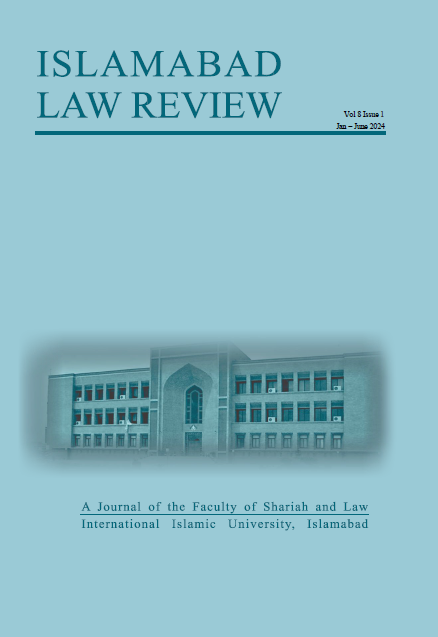A Quest for a ‘TWAIL’ Approach in International Investment Arbitrations: An Appraisal of Tethyan v. Pakistan
Abstract
International Investment Arbitration is an institution of growing importance to global economic governance. Twenty years ago, its Tribunal awards were measured in the tens of millions USD, today they can reach tens of billions – enough to push under-developed states into financial crisis. This study contends that the growth in awards, and the reasoning used to justify the awards, manifest a structural bias in favour of investors. To illustrate this bias in practice, the present work focuses closely on a single arbitral award, offering a granular analysis of its reasoning. Thus, it explores in what ways, and to what extent, did the Tribunal in Tethyan transform the law regarding investors’ legitimate expectations, and states’ correlative duties? In doing so it uncovers the subjectivity and politics of this supposedly objective decision. To demonstrate this, this study highlights the ways in which the Tribunal in Tethyan v. Pakistan invented facts, imposed duties that it had previously ruled not to exist, and manipulated novel obligations to produce the grounds it needed to establish that the “readily ascertainable” value of a $ 219 million investment amounted to $ 4.1 billion ($ 5.9 billion including interest accrued).


